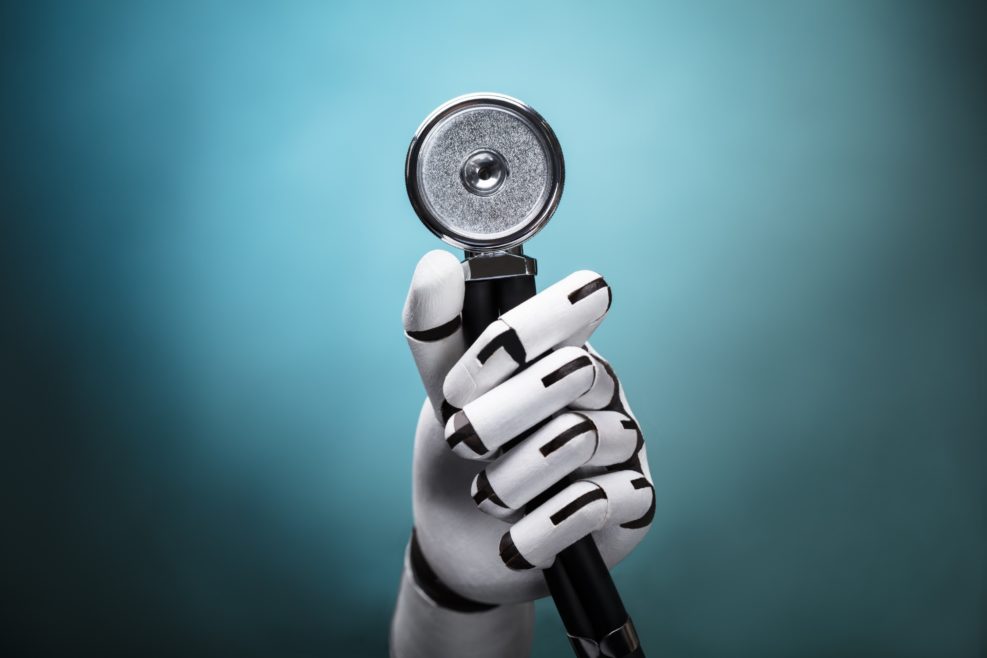
Should Robots Pay Taxes?
Taxing artificial intelligence is the latest proposal to expand centralized control of human lifeIn June 2021, we started considering the provocatively titled podcast transcript, “Can a Robot Be Arrested? Hold a Patent? Pay Income Taxes?”, posted on the IEEE Spectrum site. Steven Cherry interviewed Ryan Abbott, physician, lawyer, and professor, about these topics and referencing his 2019 book, The Reasonable Robot: Artificial Intelligence and the Law. We’ve discussed whether artificial intelligence (AI) systems could be charged with crimes or can hold a patent. Whether “robots should pay taxes” turns out to be the scariest question yet. Touching upon the subject only lightly in the podcast, Abbott details the problem of taxing AI in Reasonable Robot, following this thought process: Automation using AI threatens to increase human unemployment. Current U.S. tax law encourages automation through favorable treatment Read More ›

















